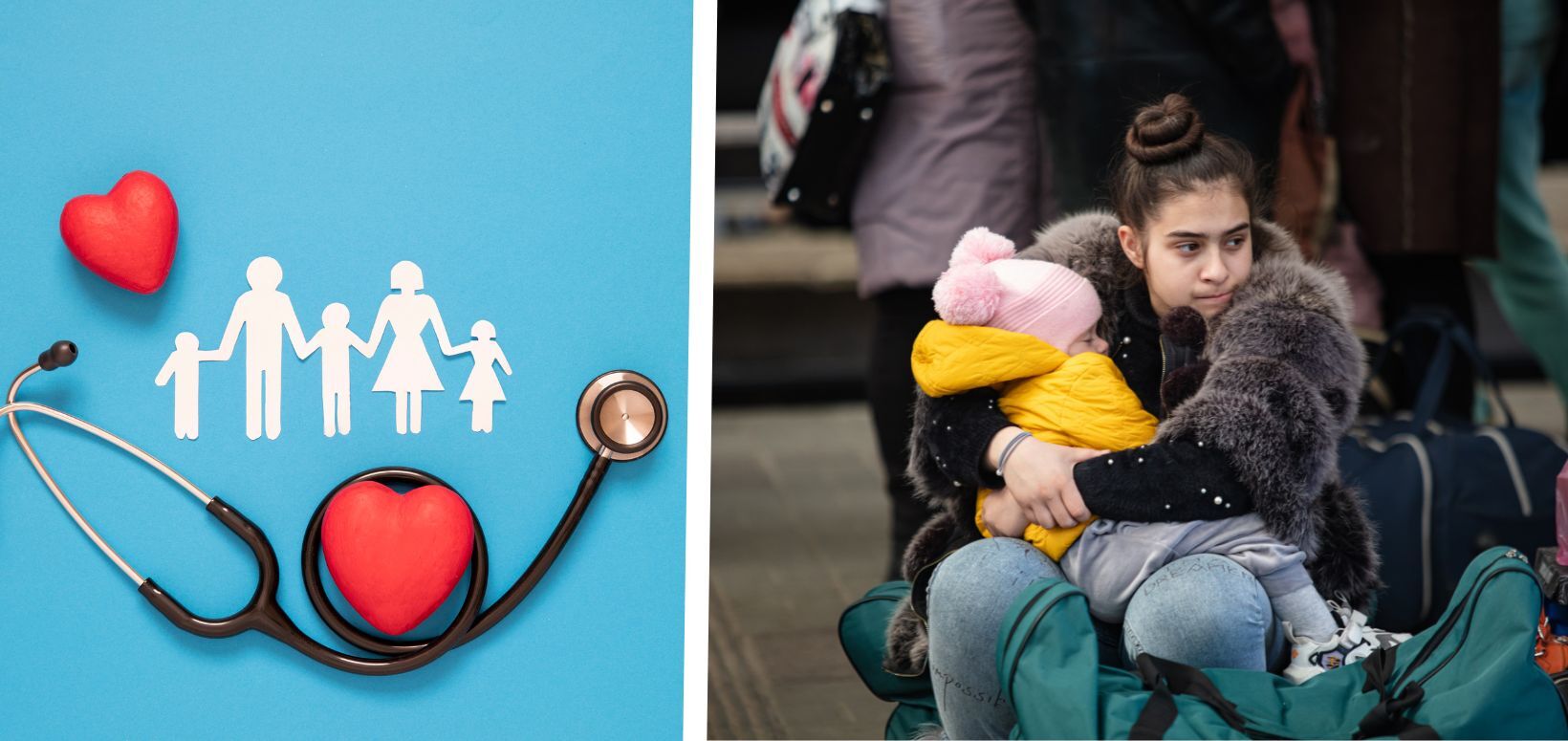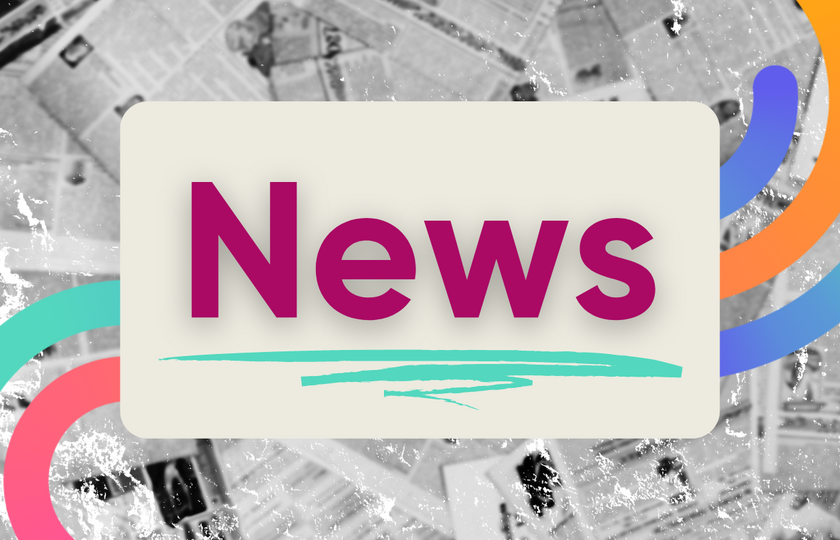Insights into the Experiences and Needs of Refugees and Asylum Seekers in Healthcare

Our Community Engagement Officer for Northern England, Paige Lyons, shares insights into the health and care needs of refugees and asylum seekers in the UK.
This month I attended a ‘Supporting Refugees and Asylum Seekers’ conference in Manchester. Hosted by Open Forum Events, it explored the immediate and long-term needs of people arriving in the UK and how we can prepare our institutions, infrastructure and communities to best support them.
Barriers to Accessing Healthcare
Dr Christian Harkensee, a paediatrician/paediatric infectious disease consultant at the NHS Foundation Trust, addressed the physical, mental and social needs of refugees and asylum-seeking children and young people, and barriers they often face accessing healthcare.
These include:
- Lack of cultural awareness and understanding of peoples’ needs
- Hostile government policies, stereotypes and racism
- Issues with GP registration, appointments and referrals. Refugees and asylum seekers may not understand the systems and therefore face barriers in navigating them.
- There may be language and cultural barriers
- Refugees and asylum seekers may experience fear of healthcare charges, data sharing and authorities
To address these barriers, Dr Harkensee recommended the creation of an appropriate pathway of care for asylum seekers and refugees entering the UK. He identified the need for greater ease in navigating healthcare systems and the provision of better advice and guidance for those in need of care.
Best Practice
West Yorkshire’s inclusive health approach was recommended as an example of proactively addressing health and care needs of asylum seekers and refugees.
By partnering with specialist charities, including Solace (a mental health charity which supports refugees and asylum seekers in Yorkshire and the Humber), West Yorkshire Health and Care Partnership was better able to understand the needs of refugees and asylum seekers in their area.
Understanding Mental Health
Dr Charlotte Flothmann, Senior Lecturer of Counselling Psychology at UWE, explained that understandings of mental health vary from place to place and culture to culture.
The Western perspective on what it means to be well or unwell doesn’t always capture the experiences of refugees living in the UK, who represent a diverse group of people. Descriptions of distress differ culturally meaning that language can be misinterpreted, have different meanings or doesn’t even necessarily translate into English. This can cause issues when trying to assess people correctly.
Dr Flothmann suggested that to improve the practice, doctors should avoid using standardised assessment tools and take specific contexts into consideration, including how prevalent views on mental health in an individual’s home and host country may influence their perspective, and what someone might risk by disclosing that they are in distress.
Concluding Thoughts
I found the conference highly insightful and engaging. Many factors were explored to help find ways to improve support and wellbeing for refugees and people seeking asylum in the UK.
The information gathered will be passed onto the Care Quality Commission and used within the Public Engagement Network’s work to help us continue to seek the views and experiences from these communities on their access to health and social care services.





